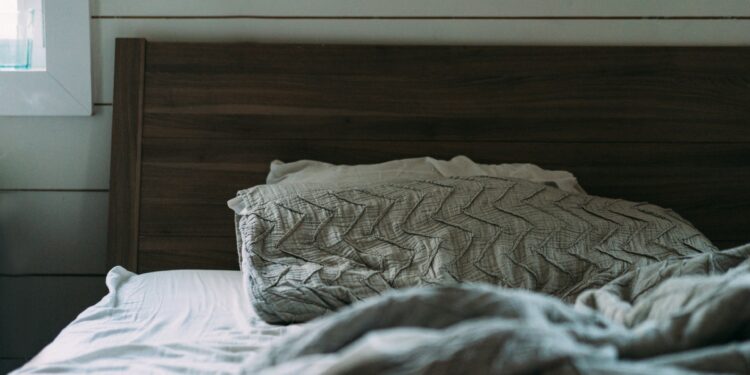Say goodbye to night sweats.
If you’ve ever experienced waking up drenched in sweat, you’re not alone. Up to 80 percent of menopausal women encounter night sweats due to hormonal changes, according to the Sleep Foundation. As estrogen levels decrease during menopause, common symptoms like hot flashes, mood swings, and night sweats can make life challenging. However, while menopause is the primary cause, it’s important to rule out other conditions like infections, diabetes, or cancer with your doctor before exploring lifestyle adjustments.
Creating a conducive sleep environment is crucial to managing night sweats. Experts recommend maintaining a cool, quiet, and dark room, with temperatures between 60°F and 67°F. Breathable, moisture-wicking bedding and lightweight layers can help regulate body temperature. Cooling products, like Opal Cool’s therapy pads and fans, can also aid in relieving hot flashes. Some even find relief using cooling pads on specific body parts like the feet, although what works varies for each person.
Clothing can also impact night sweats, and sleeping in lightweight, loose pajamas made from cotton or moisture-wicking fabrics can help. Bamboo, silk, and linen are excellent thermoregulating fabric options. Moreover, avoiding heat-inducing foods, alcohol, and caffeine can reduce the intensity of hot flashes and night sweats, as these substances can disrupt hormonal balance. Instead, focusing on a diet rich in soy, cruciferous vegetables, and fiber can help stabilize estrogen levels.
Lastly, staying hydrated is essential in managing menopause symptoms, as water helps regulate body temperature. Some herbal supplements like black cohosh, red clover, and maca root may also offer relief, though their effectiveness varies. Experts advise consulting a doctor before incorporating any supplements into your routine to ensure they suit your individual needs.

































Discussion about this post